Battle Of The Barricades: U.S. Marines In The Recapture Of Seoul [Illustrated Edition]
Nonfiction, History, Asian, Korean War, Military, India| Author: | Colonel Joseph H. Alexander USMC | ISBN: | 9781786251428 |
| Publisher: | Normanby Press | Publication: | November 6, 2015 |
| Imprint: | Normanby Press | Language: | English |
| Author: | Colonel Joseph H. Alexander USMC |
| ISBN: | 9781786251428 |
| Publisher: | Normanby Press |
| Publication: | November 6, 2015 |
| Imprint: | Normanby Press |
| Language: | English |
Includes over 30 maps, photos and illustrations
The Second Battle of Seoul was the battle to recapture Seoul from the North Koreans in late September 1950.
The advance on Seoul was slow and bloody, after the landings at Inchon. The reason was the appearance in the Seoul area of two first-class fighting units of the North Korean People’s Army, the 78th Independent Infantry Regiment and 25th Infantry Brigade, about 7,000 troops in all.
The NKPA launched a T-34 attack, which was trapped and destroyed, and a Yak bombing run in Incheon harbor, which did little damage. The NKPA attempted to stall the UN offensive to allow time to reinforce Seoul and withdraw troops from the south. Though warned that the process of taking Seoul would allow remaining NKPA forces in the south to escape, MacArthur felt that he was bound to honor promises given to the South Korean government to retake the capital as soon as possible.
On September 22, the Marines entered Seoul to find it heavily fortified. Casualties mounted as the forces engaged in desperate house-to-house fighting. Anxious to pronounce the conquest of Seoul, Almond declared the city liberated on September 25 despite the fact that Marines were still engaged in house-to-house combat. Despite furious resistance by the North Korean forces, the Marines triumphed; pushing the communists soldiers out of Seoul. This U.S. Marine Corps history provides unique information about this important battle of the Korean War.
Includes over 30 maps, photos and illustrations
The Second Battle of Seoul was the battle to recapture Seoul from the North Koreans in late September 1950.
The advance on Seoul was slow and bloody, after the landings at Inchon. The reason was the appearance in the Seoul area of two first-class fighting units of the North Korean People’s Army, the 78th Independent Infantry Regiment and 25th Infantry Brigade, about 7,000 troops in all.
The NKPA launched a T-34 attack, which was trapped and destroyed, and a Yak bombing run in Incheon harbor, which did little damage. The NKPA attempted to stall the UN offensive to allow time to reinforce Seoul and withdraw troops from the south. Though warned that the process of taking Seoul would allow remaining NKPA forces in the south to escape, MacArthur felt that he was bound to honor promises given to the South Korean government to retake the capital as soon as possible.
On September 22, the Marines entered Seoul to find it heavily fortified. Casualties mounted as the forces engaged in desperate house-to-house fighting. Anxious to pronounce the conquest of Seoul, Almond declared the city liberated on September 25 despite the fact that Marines were still engaged in house-to-house combat. Despite furious resistance by the North Korean forces, the Marines triumphed; pushing the communists soldiers out of Seoul. This U.S. Marine Corps history provides unique information about this important battle of the Korean War.
![Cover of the book Battle Of The Barricades: U.S. Marines In The Recapture Of Seoul [Illustrated Edition] by Colonel Joseph H. Alexander USMC, Normanby Press](https://www.kuoky.com/images/2015/november/500x500/9781786251428-zQND_500x.jpg)
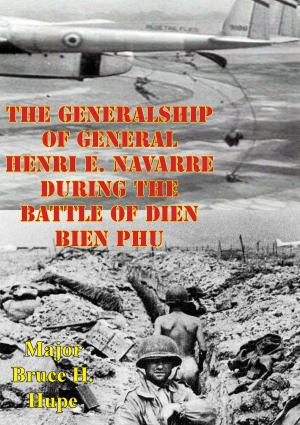




![Cover of the book Lam Son 719 [Illustrated Edition] by Colonel Joseph H. Alexander USMC](https://www.kuoky.com/images/2015/november/300x300/9781786251367-zUY5_300x.jpg)
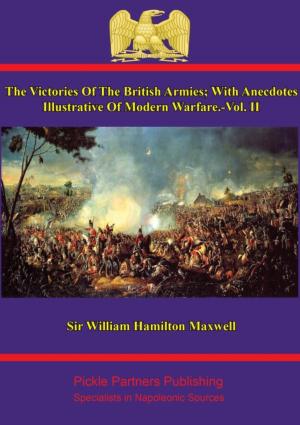
![Cover of the book Vietnam Studies - Command and Control 1950-1969 [Illustrated Edition] by Colonel Joseph H. Alexander USMC](https://www.kuoky.com/images/2014/august/300x300/9781782893677-krRu_300x.jpg)
![Cover of the book MIG Alley: The Fight For Air Superiority [Illustrated Edition] by Colonel Joseph H. Alexander USMC](https://www.kuoky.com/images/2014/august/300x300/9781782896593-WGqd_300x.jpg)

![Cover of the book Air Base Defense In The Republic Of Vietnam 1961-1973 [Illustrated Edition] by Colonel Joseph H. Alexander USMC](https://www.kuoky.com/images/2014/august/300x300/9781782895916-YQky_300x.jpg)
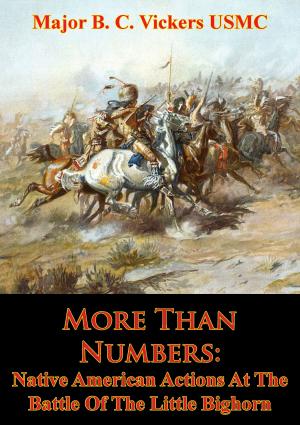
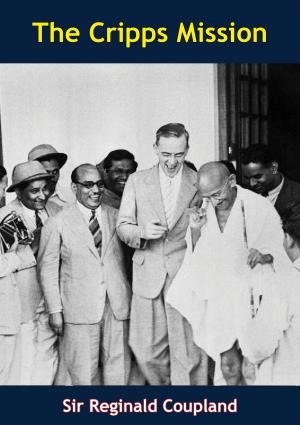
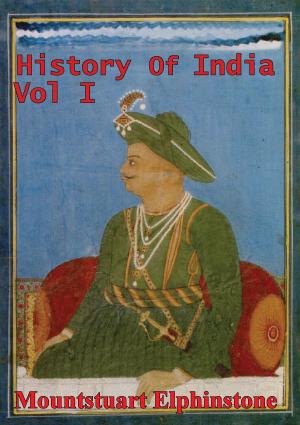
![Cover of the book Recollections Of A Lucknow Veteran 1845-1876 [Illustrated Edition] by Colonel Joseph H. Alexander USMC](https://www.kuoky.com/images/2014/august/300x300/9781782895329-mqYG_300x.jpg)